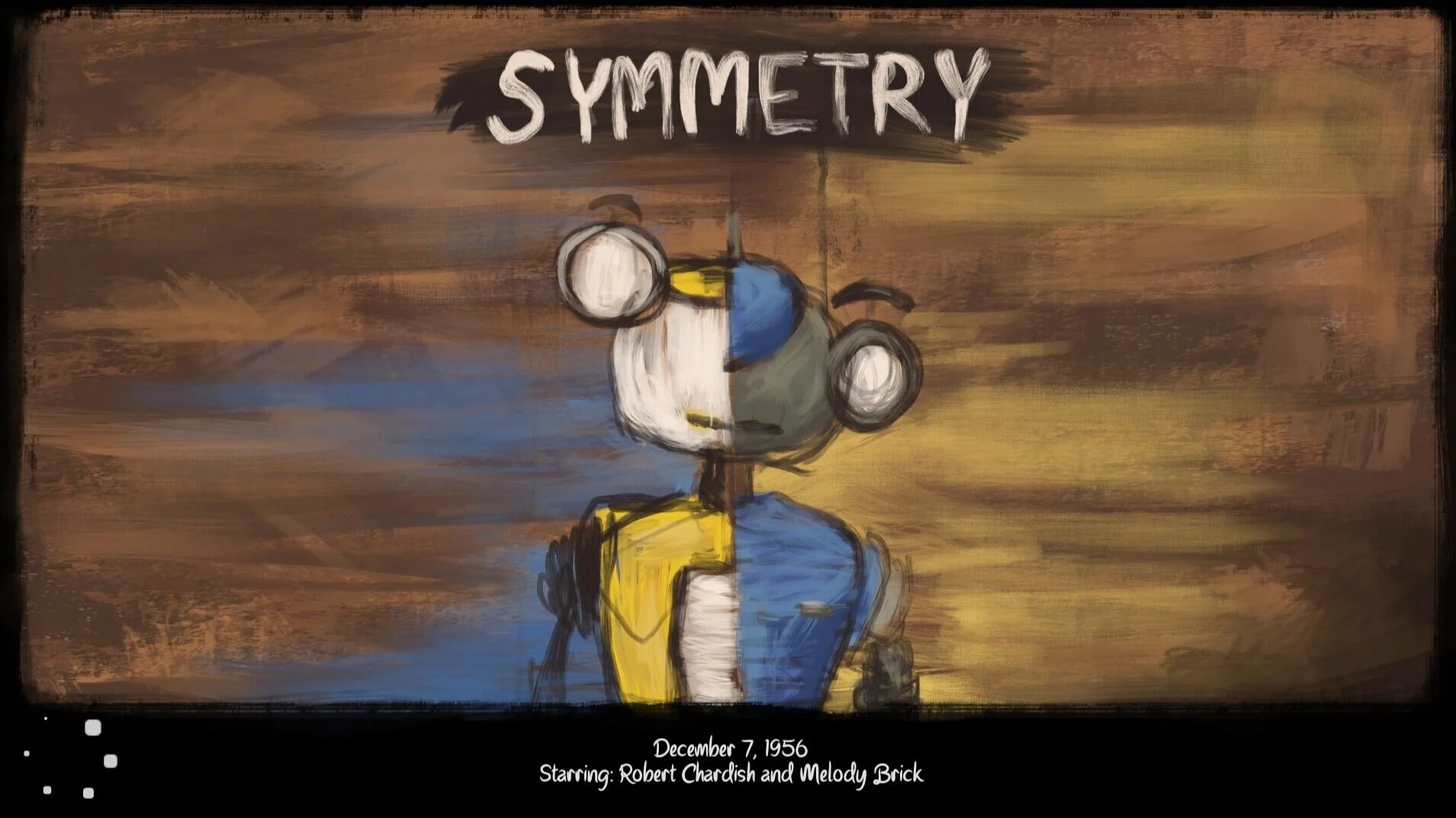Carto Review
For myself and the majority of Americans, and likely a good chunk of people abroad, this week was a very stressful time. So far, it’s looking like things turned out ok. I won’t tell anyone not to celebrate, since this is certainly the better outcome, but I’m hesitant because the current administration doesn’t look like it’s accepting the loss. Also, there are still some concerns that the incoming administration won’t address some important issues that got us here in the first place. But, as they say, a win is a win. So, setting current hopes and fears aside for now, let’s talk about a girl with a magic map.
Carto is a puzzle game that tells the story of the titular character as she explores a foreign world and learns to control a magic power within her. The latest in a line of supernatural cartographers, Carto travels across the world in a blimp with her grandmother, learning the tools of the family trade. Unfortunately, she gets overzealous in her practice and causes the ship to fly into a terrible storm. Thrown from the airship by the tempest, Carto falls to the lands below with a small fragment of the family’s magical cartography map. With no knowledge of the terrestrial world and a limited vocabulary, she must find a way to reunite with her grandmother. Along the way, Carto will travel to new lands, learning about the cultures of their people and helping with their problems. In turn, Carto’s power will grow as she harnesses it to assist others, so she can travel to further lands and help with larger problems, changing lives and the face of the earth itself.
Being a puzzle game, I expected the puzzles in Carto to be well designed, but I wasn’t expecting them to be as creative as they turned out to be. The puzzles are all solved using Carto’s magical map by moving and rotating pieces to reconfigure the landscape into new forms. However, there are limitations: map pieces can only be placed next to each other if the touching sides have matching types. This will be familiar to anyone who has played the tabletop classic Carcassonne, but for those who haven’t, it means that, for example, a piece with a river on it can’t be placed next to any piece that doesn’t have a way to continue the river through the new piece. Using this contiguous features requirement, Carto’s puzzles challenge players to not only fit together map pieces into a harmonious shape but to arrange them into specific layouts hinted at by characters or other environmental elements. An early example of this is a scene where Carto must travel to meet a town’s herbalism expert, but no herbalist hut exists on the map at that time. What does exist, however, is a road sign that says the herbalist hut is down the road after going left at the fork. This means players must disassemble a portion of the town on the map piece by piece and reconstruct it so that the left fork extends further than before, causing a map piece with the herbalist hut to appear at the end of the road. The puzzles get harder as the game progresses, as is expected, but all follow this same structure, players have the pieces they need and are given an hint for how to organize them. I really enjoyed this because it felt like an excellent balance between deductive thinking and spatial reasoning and the later puzzles are delightfully inventive.
Aside from the excellent puzzle design, another big reason why I like Carto is the way the art and writing work together to create the game’s relaxed and comforting tone. It would be easy to make a story about a lost child trying to harness a world-shaping power into a very dramatic and moody tale, but Carto keeps a light, optimistic, and heartwarming tone throughout the entire game. The people Carto helps on her journey have real problems, like teenagers learning how to be strong enough to leave home or travelers finding their way on a pilgrimage, yet no one is dour or angry about their difficult circumstances. Instead, Carto and everyone she meets firmly believes they can accomplish their goals if they try their hardest and be kind to others. The art style does big portion of cementing this mood thanks to its similarity with children’s books. Every character is rendered in a vibrant, rounded style that helps support the writing’s cheerful tone. Situations like vast, barren deserts or skulking vultures could be unnerving if presented realistically, but thanks to Carto’s cartoonish and colorful style, they are instead fun new friends and places to see on the journey. All of this might make some people think Carto is a game for kids, but honestly after this year, and especially this past week and potentially next week, I don’t see anything wrong with enjoying something that’s wrapped in a simplistic and pleasant style.
This week was a stressful time and Carto did a lot to help me through it thanks to its comforting tone and engaging puzzles. It’s not the most mentally challenging, but I think if you don’t care for puzzle games you might struggle to find something you like here. Further, at about five and a half hours long, some might balk at the $20 price tag. However, I firmly believe that if you pick up this game you’re going to find it’s worth what you paid, so if you like what you’ve read, I say pick this one up.
Buy this game at full price
It’s worth every penny they’re asking



